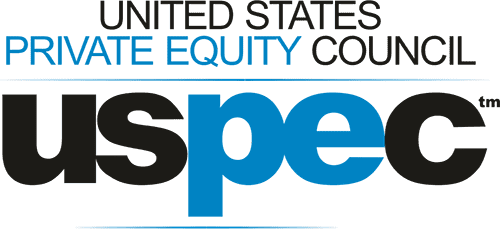It’s a marriage of convenience, and mutually beneficial to all parties concerned. The global franchising industry has been lucrative for both the private equity industry and franchise chains alike. Looking at the data, the rise of private equity in franchises rose to 152 up from 94 in 2016 in the public to private segment, where a private equity firm takes a listed company private. Bain Capital, according to Frandata, has identified a further 72 potential listed targets in the US alone, which it intends to target.
It’s not a Herculean task to see why the success rates of private equity investments in franchises are greater than 90%, far outstripping investments made in startups. In a research spanning 7 years, 91% of franchise businesses were still operating successfully compared to 20% of startups.
GOING GLOBAL
A large part of the reason for the surge in private equity investments in franchises can be traced back to the globalization phenomenon, as more and more US brands expand their operations and set up shop in international, emerging markets. The growth story is strong, an uptick in deal making in large, successful franchise brands serve as the ultimate frontier for growth. Returns on investments are typically stable and almost always in double digits, YoY. Canada, EMEA, South East Asia and Africa are some of the most potent markets. Consumer brands have long been the darling of large private equity players, and franchises in different domains including food and beverages, services and apparel continues to drive growth in international markets for private equity players looking to avoid the slowdown glut in their home markets.
SOME SUCCESSFUL CASES
As expected, some of the largest cases in private equity investments have been acquiring stakes in successful franchising campaigns mostly covering the food industry and retail sales space. PE players are more than willing to pay a premium of above 25% of the traded price per share in these sectors. For example:
Roark Capital Group’s acquisition of Buffalo Wild Wings was valued at $2.4 billion in 2017-2018, well above 30% of its market capitalization at the time. Similar cases in the food industry include the acquisition of Ruby Tuesday by NRD Capital at $355 million.
Similarly, Bain Capital’s controlling stake in Domino’s Pizza back in 1998 a classic case. It also went on to acquire Domino’s master franchise in Japan in 2010.
THE NEED FOR MORE SKILLED PE PROFESSIONALS IN FRANCHISING
Before swinging on the tide, however, it’s important to have the lifejacket on. There are several important drivers of the surge of PE in franchising businesses. Some of the most important things to know includes:
Royalty Flows - At its very basic level, a franchise is a loaned brand, with guided operations and marketing from the franchisor. As a result, the Royalty cash outflow is a continuous factor for the business. It’s usually a chunk of the annual budget and the bigger the brand equity, the larger this number get. Private equity professionals need to keep this in mind when planning their acquisitions.
Multiple Franchises - A lot of times, business owners have multiple franchises spread across different locations. This can be a boon, on one hand, providing for positive cash flows even in difficult times due to present alternatives. However, this also results in lack of transparency and homogeneity in operating efficiencies.
Liquidity and Exit Options - As a PE professional, your eyes need to be on the exit even before you make the entry. Carefully monitoring performance of investments and other related metrics go a long way in ensuring that the investment achieves the requisite target.
As a PE professional, due diligence of a franchise chain or a franchise brand should be on top of your agenda, and must include several important components like cash burn, time required to achieve optimal cash flow, valuation metrics, growth potential, experience of the management, governance and control and tax compliance.
GETTING THERE..
Private equity is expected to surge in franchising in the near term future. However, given the constantly evolving landscape and changing geopolitical dynamics, conjoined with the fact that most private equity behemoths prefer to invest in international chains, developing this as an area of specialty in your PE skillset can be quite an asset for your career in the long run. For this and more such ideas and guidance on how to get to a hyper-successful career as a private equity professional, get the world’s most popular single point PE certifications sought after by global employers today!






